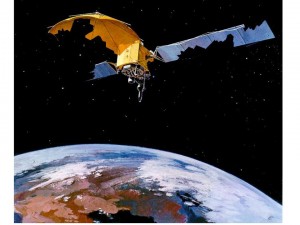
Last week the US Air Force boasted in a press release “New reports confirm near-perfect performance record for civil GPS service.”
The press release is misleading, at best. At worst, it could endanger the public.
Misleading because the title refers to performance reports for 2014 and 2015. Our readers will recall that in January of 2016 half of GPS satellites broadcast a erroneous time signal that caused scattered equipment faults and failures around the world for about 12 hours. The United States’ ADS-B aviation safety system and most all the first responder radio networks in North America were impacted, for example.*
Potentially Dangerous because it could exacerbate the public’s growing over-reliance on, and often blind faith in, GPS. Even if GPS did always perform perfectly, all kinds of things can happen to signals after they leave the satellites and before they get to receivers. Personal privacy devices, other jammers, spoofers, solar activity, other electromagnetic interference, even the local geography, can significantly degrade or disable a receiver’s performance. That’s why in the GPS System Performance Standard the Air Force specifically says its responsibility ends once signals are in space.
GPS is a great system. The Air Force has a lot of reasons to be proud of the GPS work it does.
But the public’s image of “GPS” is far more than satellites blindly broadcasting and the nation abandoning responsibility for the signals. To most “GPS” is a utility in their phone or vehicle that can be relied upon without question.
We all have to work hard to counter, not reinforce, that dangerous myth.
Blog Editor
*RNT Foundation continues to be very concerned at the US government’s indifference to the impacts of the 13.7 microsecond timing error in January 2016. Repeated inquires have failed to show any department or agency making an effort to understand the impact on individual systems or the nation. We have repeatedly been told by agencies that it is ‘not their job’ and that, even if they were so tasked, they ‘don’t have the resources’ to investigate and try to understand the impacts.

